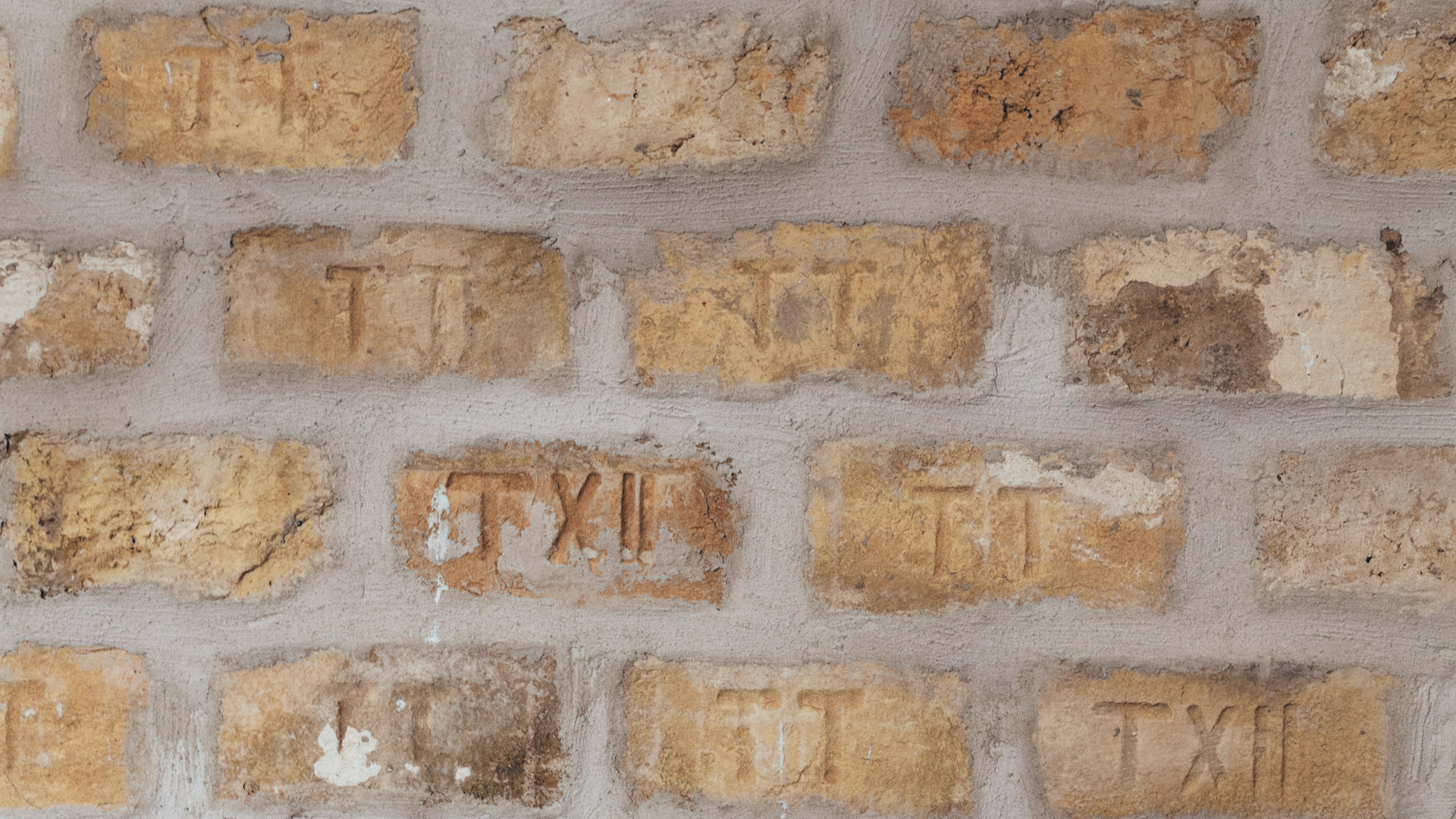
When neighbors here in India visit our church for the first time, they see a mixed group from all walks of life. They see different people worshipping together and loving one another as one family. This can be simultaneously confusing and attractive since Indian society is horribly fragmented by the caste system.
The Caste System
Rooted in the ancient Hindu religion, the caste system divides people into four major classes:
- Brahmins – priests
- Kshatriyas – warriors
- Vaishyas – businessmen
- Shudras – peasants
*Another class of people who fall outside these four classes are known as Dalits, the oppressed class, or as they were previously known: Achoot (untouchables). And within these major divisions, there are hundreds—if not thousands—more subdivisions.
The divisive effect of Hinduism has been that one caste of people often distrusts, dislikes, and is prejudiced against the other. There is an ugly sense of hierarchy.
The divisive effect of Hinduism has been that one caste of people often distrusts, dislikes, and is prejudiced against the other. There is an ugly sense of hierarchy where upper castes see it as their birthright to dominate, subjugate, and look down upon lower castes.
Although the members of different castes may look similar, speak the same language, worship similar gods, celebrate similar festivals, eat similar foods, and wear similar clothes, they interact only when absolutely necessary. And because people only marry within their own caste, the cycle of prejudice, separation, and hierarchy is passed from one generation to another.
Christ Brings Inexplicable Unity
Christianity worships a Savior who distinctly and beautifully breaks down walls of enmity and cultivates trust between people. Communities that are truly united in the gospel glorify God because such unity is totally inexplicable from a human point of view, and it is utterly obvious in cultures such as those found in India.
Christianity is seen as distinctly beautiful and uniquely attractive when Christ breaks down walls of enmity and cultivates trust between people.
Man-Centered Missiology Divides
Some missiologists, however, knowing the reality of India’s fractured society, teach that missionaries should only focus on one specific caste in order to speed up evangelism efforts and see rapid church planting occur. This strategy, known as the “homogeneous unit principle,” is an anti-biblical tactic that has far greater disadvantages than advantages.
Here are five disadvantages to the homogeneous unit principle:
- It discourages Christian unity.
Proponents of the homogeneous unit principle undercut Christian unity when they encourage people of only one caste to gather in local churches. - It weakens the church’s evangelistic power.
There is hardly anything impressive, attractive, or unique about a group of believers who are exclusively from one caste, who only witness among their own kind, and ignore or even repudiate people from other groups only so that they can continue to rapidly grow in numbers. - It underestimates the power of the gospel.
The gospel has the power to change hearts and alter behavior radically. This means people who once disliked one another can enjoy being together because of the gospel. The homogenous unit principle does not trust the transforming power inherent in the gospel. - It reinforces deep-seated divisions.
The homogenous unit principle feeds on the sinful human nature, allowing professing Christians to still think in terms of us versus them. It lets people continue to harbor ill feelings against others and view them on the basis of caste. - It works against the biblical narrative of different people being united.
One of the prayers Jesus prayed for his disciples in John 17:21 was “that they may be one . . . so that the world may believe.” We see the beginning of this prayer being answered in Acts 2 after the ascension of Jesus when the Holy Spirit was poured out on Jesus’s disciples from different backgrounds. The curse of Babel was undone. God was making one new multiethnic people. Incredibly, this meant that even Jews and Gentiles were part of one fellowship through Christ. Ephesians 2:14 says that “He himself is our peace, who has made us both one and has broken down in his flesh the dividing wall of hostility . . . that he might create in himself one new man in place of the two, thus making peace.” When we come to Revelation 7, we see a huge multitude of all kinds of people gathered together and worshipping God. What will happen one day in the future is slowly but surely being mirrored in local fellowships today.
Humanly speaking, it’s difficult to envision a mixed group of believers. But by God’s grace, there are scores of such fellowships scattered throughout India. They have been rescued from the shackles of caste because they cared more for a new family united by the shed blood of Jesus Christ than they did for homogeneous unity.
This mixed community of believers is a powerful witness in our fractured society. They are a powerful tool of evangelism and testimony to the amazing work that Christ has accomplished on the cross.
Harry Kumar is a pastor in a city in northern India.

